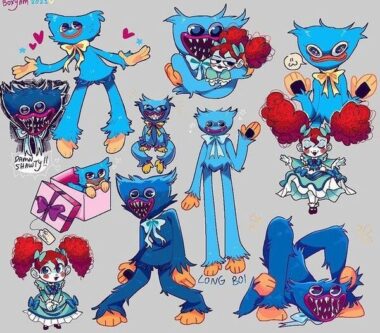Poppy Playtime has captivated gaming audiences with its unique blend of horror, puzzle-solving, and nostalgia. The franchise, developed by MOB Games, invites players to explore the abandoned Huggy Wuggy toy factory, where they encounter a myriad of eerie characters and unsettling environments. While the game is often analyzed for its gameplay mechanics and visuals, one specific issue that has drawn significant attention is its psychological horror elements. In this article, we will explore how Poppy Playtime Chapter 2 amplifies psychological fear, delving into themes of childhood innocence corrupted, isolation, and the uncanny.
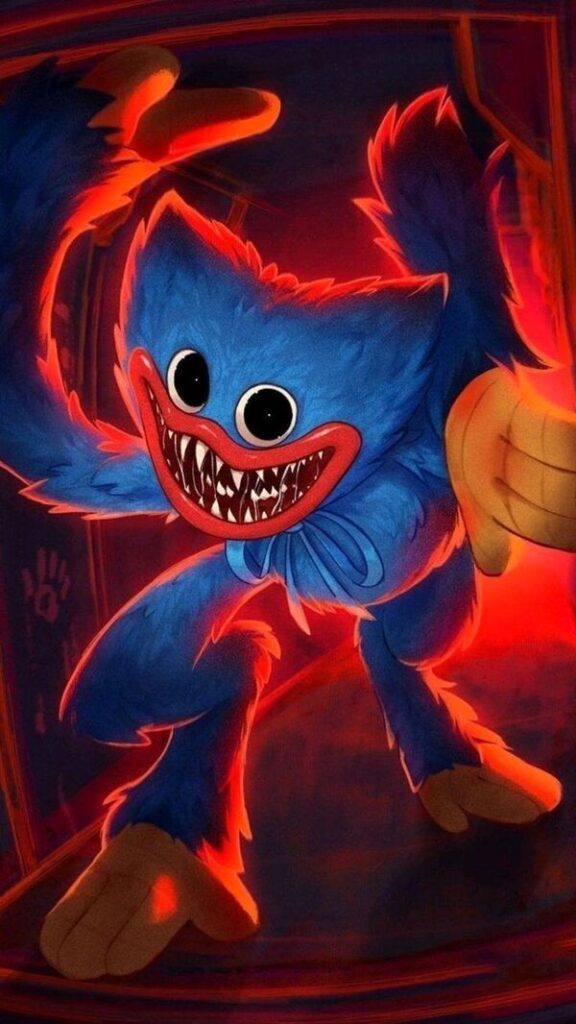
The Foundation of Psychological Horror
Understanding Psychological Horror
Psychological horror is a subgenre designed to disturb and unsettle the player’s mind rather than relying solely on jump scares and gore. This genre taps into the subconscious fears and anxieties that humans grapple with, often blurring the line between reality and imagination. In Poppy Playtime, these elements are masterfully woven into the narrative and gameplay, creating an immersive experience that lingers long after the game has ended.
The Role of Childhood Innocence
At the heart of Poppy Playtime lies a sinister inversion of childhood innocence. The game is set in a toy factory, a space that should be associated with joy and playfulness. However, MOB Games cleverly subverts this expectation. The toys, once symbols of joy, are now reimagined as grotesque, monstrous entities that haunt the factory. This transformation serves to create an atmosphere of dread, where familiar objects morph into sources of fear.
Chapter 2: A Deeper Descent
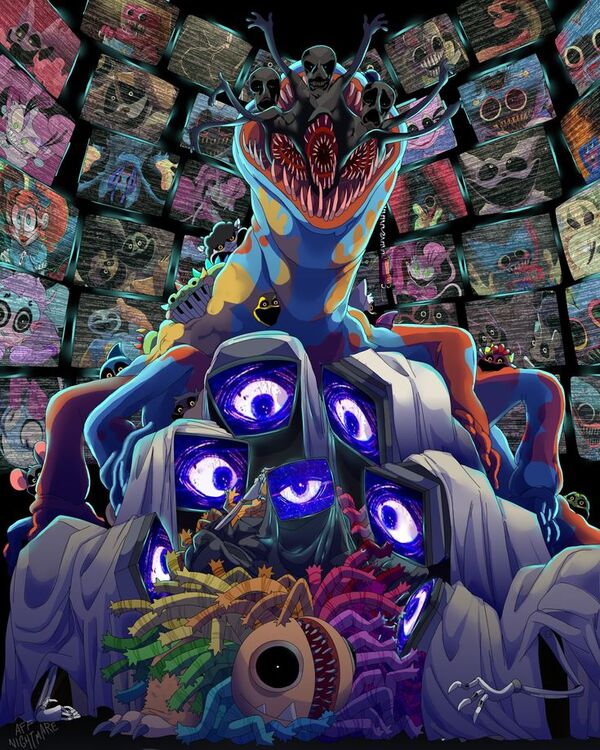
Expanding the Lore
Chapter 2 of Poppy Playtime expands upon the lore introduced in the first installment. Players step into the shoes of a character attempting to escape the factory while uncovering the dark secrets that lie within. This chapter introduces new characters, such as the enigmatic Mommy Long Legs, who adds layers of complexity to the narrative.
The Role of Mommy Long Legs
Mommy Long Legs epitomizes the ultimate betrayal of childhood trust. Her character design—a twisted, elongated figure reminiscent of a motherly figure—exploits the innate trust children place in parental figures. Her interactions with the player are both playful and menacing, creating a dissonance that heightens the psychological tension.
Isolation in a Forgotten Space
The Setting of the Factory
The abandoned toy factory serves as an unsettling backdrop that amplifies feelings of isolation. Players traverse dark, labyrinthine corridors filled with haunting echoes and flickering lights. This environment is devoid of life, enhancing the sense of loneliness and danger. The factory, once bustling with laughter and creativity, now stands as a chilling reminder of what was lost.
Sound Design and Atmosphere
Sound design plays a crucial role in establishing the psychological horror of Poppy Playtime. The ambient noises—the creaking of metal, distant machinery, and unsettling whispers—create an oppressive atmosphere. These auditory elements contribute to the feeling of being watched, intensifying the player’s anxiety as they navigate through the factory.
The Uncanny: A Distorted Reality
The Concept of the Uncanny
The uncanny, a term popularized by Sigmund Freud, refers to the familiar becoming unfamiliar and unsettling. In Poppy Playtime, this concept is embodied through the toys that inhabit the factory. Characters like Huggy Wuggy and Mommy Long Legs are designed to evoke familiarity yet induce discomfort. Their exaggerated features and unnatural movements create a jarring contrast that unsettles players.
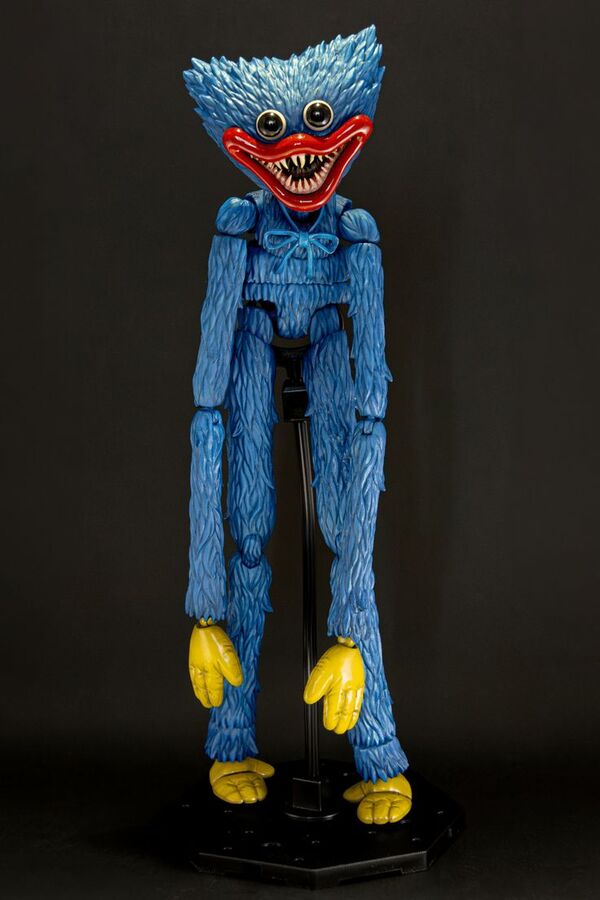
Gameplay Mechanics that Enhance the Uncanny
The gameplay mechanics further immerse players in this uncanny experience. The use of the GrabPack, a device that allows players to manipulate objects from a distance, adds a layer of detachment. This detachment mirrors the emotional distance players feel as they navigate through a world that has turned against them, reinforcing the horror of their situation.
Themes of Betrayal and Trust
The Fragile Nature of Trust
One of the most compelling aspects of Poppy Playtime is its exploration of trust and betrayal. The factory, once a place of wonder, becomes a site of treachery where the very toys meant to bring joy become instruments of fear. Players are constantly reminded that nothing is as it seems, challenging their instincts and perceptions.
The Impact of Betrayal on Players
The feelings of betrayal are heightened through the narrative structure. Characters that appear friendly may harbor sinister motives, leading players to question their decisions and alliances. This unpredictability fosters a sense of paranoia that grips players as they navigate the treacherous environment of the factory.
The Loss of Innocence
Childhood and Its Corruption
Poppy Playtime poignantly addresses the loss of innocence, a theme that resonates deeply with players. The juxtaposition of childhood memories with the terrifying reality of the factory serves as a reminder of how innocence can be corrupted. This theme is particularly relevant in today’s world, where the safety of childhood is often threatened by external forces.
Symbolism of the Toys
The toys in Poppy Playtime symbolize the innocence lost. Once cherished companions, they now represent the darker aspects of childhood—abandonment, fear, and betrayal. Each character is imbued with a tragic backstory, highlighting the emotional weight of their transformation from harmless toys to agents of horror.
The Role of the Player
Agency and Fear
The player’s agency is a critical component of the horror experience in Poppy Playtime. Unlike passive forms of horror, the game requires players to make crucial decisions that affect their survival. This sense of agency, however, is coupled with an overwhelming fear of the unknown. Players must navigate through terrifying encounters, often with limited resources, adding to the tension.
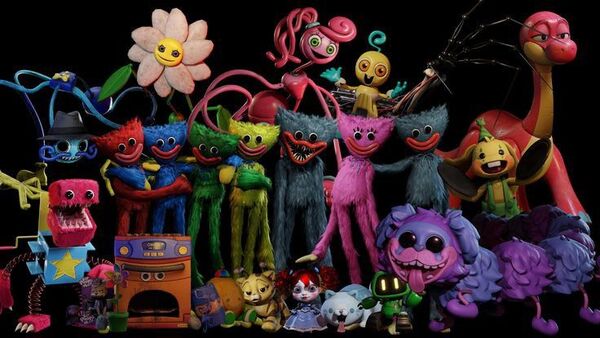
Emotional Investment
Players are emotionally invested in the outcome of their character’s journey. The stakes are high, as the player must confront their deepest fears while unraveling the mysteries of the factory. This emotional engagement amplifies the psychological horror, as players become more susceptible to the game’s manipulations.

